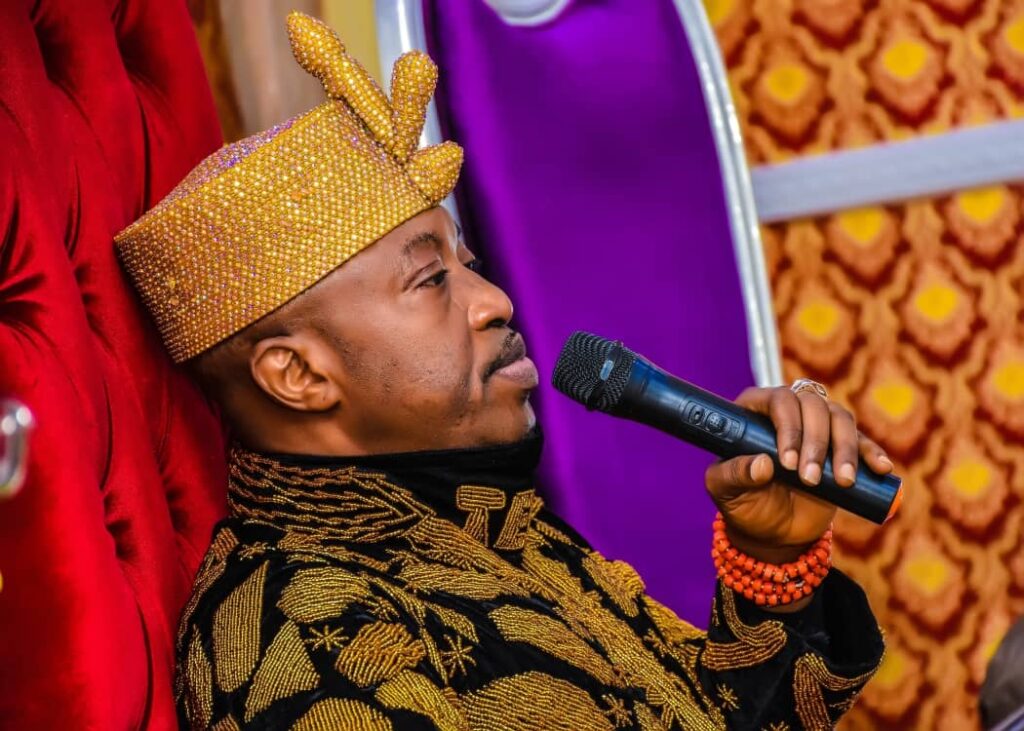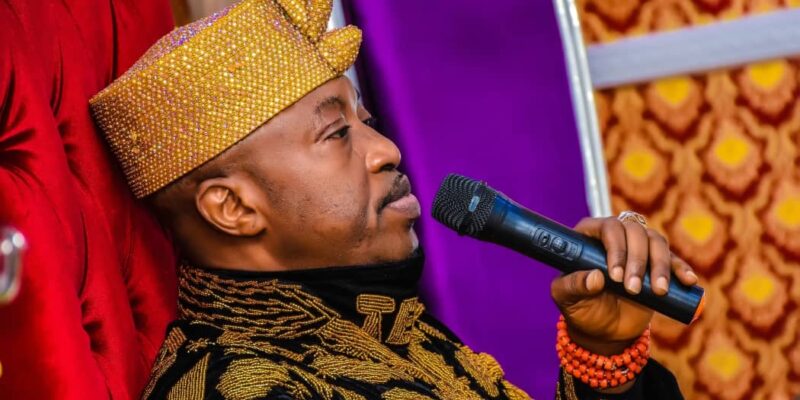
The Oluwo of Iwoland, Oba Abdulrosheed Adewale Akanbi, has criticized BBC Yoruba for what he described as a misrepresentation of Yoruba history, particularly concerning Luwo Gbagida, the only recorded female Alaafin of Ife.
In a statement released on Sunday by his spokesperson, Alli Ibraheem, the monarch emphasized the importance of historical accuracy in preserving Yoruba heritage. He clarified that the correct name of the historical figure is Luwo Gbagida, not Luwo Gbagidi, as reportedly stated by the media outlet.
Addressing further discrepancies, Oba Akanbi refuted claims that Luwo Gbagida held the title of Ooni. Instead, he asserted that she bore the title of Alaafin, which is translated as “Olofin” in the Ile-Ife dialect. He traced the origins of the title “Ooni” to the second ruler of Ife, Obamakin Osangangan, who, he stated, belonged to a priestly lineage.
The monarch attributed the widespread use of the title “Ooni” for all Ife rulers to historian Samuel Johnson, an Oyo native. According to the statement, Johnson deliberately avoided using “Alaafin” for Ife rulers to prevent any perceived rivalry with the ruler of his ancestral homeland.
Oba Akanbi also corrected the historical record regarding Luwo Gbagida’s reign, stating that she was the 16th Alaafin of Ife, not the 21st, as claimed in the BBC Yoruba report.
Additionally, the statement addressed the origins of the Oluwo title, dismissing claims that Adekola Telu was the first Oluwo. The monarch asserted that Olumade Paarin originally held the title.
Providing further historical context, the statement recounted that Luwo Gbagida instructed that a crown could only be worn at a site where parrots were hatching. Adekola Telu, whose name was later shortened from “Teludo” (meaning “found a city”), reportedly passed away at Igbo-Orita before such a site was discovered. The chosen location eventually became present-day Iwo.
The Oluwo maintained that Luwo Gbagida independently directed her son, Adekola Telu, to establish the new settlement at their ancestral home, dismissing suggestions that the decision involved consultations with other rulers or chiefs.
Tracing her lineage, the monarch described Luwo Gbagida as a direct descendant of Alaafin Oduduwa, belonging to a royal lineage that included notable figures such as Alaafin Oranmiyan, Lajamisan, Ladojogun, Owodo, and Otaataa—rulers referred to as Olofin in the Ife dialect.
Oba Akanbi urged BBC Yoruba to conduct further research by consulting the Owodo Royal House in Ile-Ife, particularly Sooko Owodo or the royal house’s secretary, to verify historical details.
He also condemned the language used in BBC Yoruba’s report, particularly the reference to Luwo Gbagida as Oruko Buruku (a bad name), challenging the media outlet to justify this characterization. Insisting that Luwo Gbagida was a historic heroine whose legacy remains unparalleled, he called on BBC Yoruba to issue a public correction and apology.
The monarch warned against what he termed the “confabulation of history” and cautioned against further misrepresentation of Yoruba heritage.

Comments